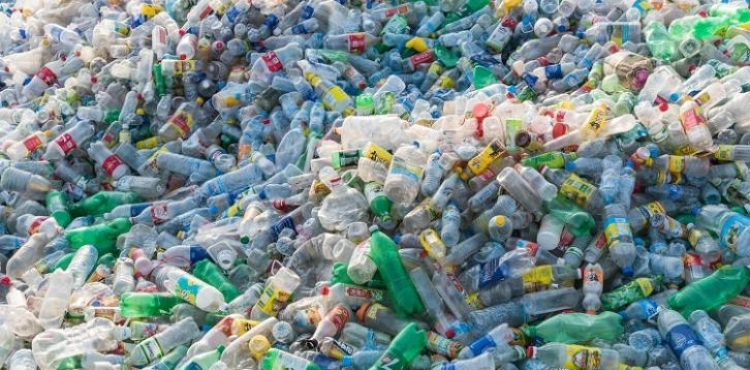A team of researchers at Nanyang University of Technical Sciences in Singapore has developed a new scientific method that allows the conversion of plastic waste into valuable chemicals by sunlight.
As part of the experiment, the study team mixed plastic waste with a catalyst inside a solution, and it was exposed to sunlight, which led to the conversion of the dissolved plastic into an acidic substance that can be used to make the energy cells that are used to generate electricity.
The Scientific Science journal reported that the study team made the catalyst from inexpensive biomaterials that are used in the manufacture of steel alloys for cars and aluminum alloys that are used in aircraft manufacturing.
When the catalyst is dissolved in the mixture that contains plastic mods that enter the consumer industries such as polyethylene and expose them to artificial sunlight, the chemical bonds of carbon dioxide inside the plastic disintegrate within six days, which leads to converting the plastic into a type of acid that can be used in Electricity generation in power stations and manufacture of automotive fuel cells.
"We aim to develop sustainable, low-cost methods to take advantage of sunlight in the fuel and other chemical products industries," researcher Asef Proof-Sue, a member of the study team, said.
The study team is currently developing this technology for use in converting plastics into other beneficial types of chemical fuel such as hydrogen gas.












